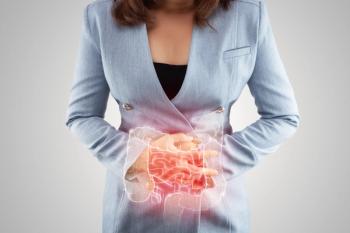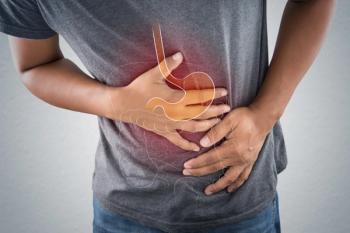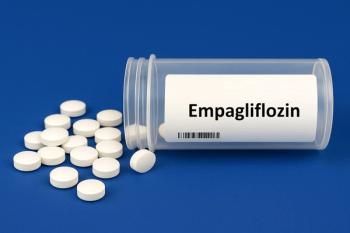
Research Shows Human DNA Affects Gut Bacteria
Though the relationship between genetics and gut-dwelling bacteria is still a realm of mystery, new research has begun a new step towards better understanding how one affects the other.
A research team led by the University of Bristol recently published findings in Nature Microbiology that determined a clear correlation between changes in human DNA and the existence and amount of certain gut-pertaining bacteria.1
David Hughes, BSc, MSc, PhD, senior research associate in applied genetic epidemiology, and lead author of the paper, said that the findings could pose a huge breakthrough in understanding how gut bacteria are affected by changes in human genotype. “It marks major progress in our ability to know whether changes in our gut bacteria actually cause, or are a consequence of, human disease,” he stated in a press release about the findings.2
The study was prompted by the fact that the human body is made up of numerous microecosystems that are populated by equally numerous microorganisms. The millions of bacteria that habituate the gut are responsible for digesting food and producing life-sustaining molecules; due to such a large encompassing responsibility, previous researchers wondered if these bacteria were also responsible for aspects of human health and disease.2
Analyzing data from 3890 individuals selected from 3 different population studies, the Bristol research team was able to identify 13 DNA changes that related to changes in the appearance and number of gut bacteria. Individuals’ DNA was measured for known changes, and the team also sampled individuals’ feces to register gut bacteria.
The team found an association between Ruminococcus and rs150018970 near RAPGEF1 on chromosome 9. Another association was found between Coprococcus and rs561177583 within LINC01787 on chromosome 1. A third reflected another team’s previous observation of an association between whether a person could digest lactose and the prevalence of Bifidobacterium.1
However, the team contends that the absence of clear microbiome-driven effects means the associations should be cautiously accepted, as without knowing the exact origin of these associations, future attempts at understanding the relationship will be complicated.1
Nonetheless, the findings were exciting. “Now comes the great challenge of confirming our observations with other studies and dissecting how exactly these DNA changes might impact bacterial composition,” said Dr Hughes.2
Kaitlin Wade, BSc, PhD, lecturer in epidemiology at the University of Bristol and co-author of the study, expressed just how much impact the findings could have on future approaches to medicine. “The implications for our understanding of human health and our approach to medicine are far-reaching and potentially game changing,” she said.2
References
- Hughes, DA, Bacigalupe R, Wang J, et al. Genome-wide associations of human gut microbiome variation and implications for causal inference analyses. Nature Microbiology. 2020;
https://doi.org/10.1038/s41564-020-0743- 8 - University of Bristol. Pioneering research reveals certain human genes relate to gut bacteria. ScienceDaily. June 22, 2020. Accessed June 25, 2020.
https://www.sciencedaily.com/releases/2020/06/200622133018.htm
Newsletter
Pharmacy practice is always changing. Stay ahead of the curve with the Drug Topics newsletter and get the latest drug information, industry trends, and patient care tips.























